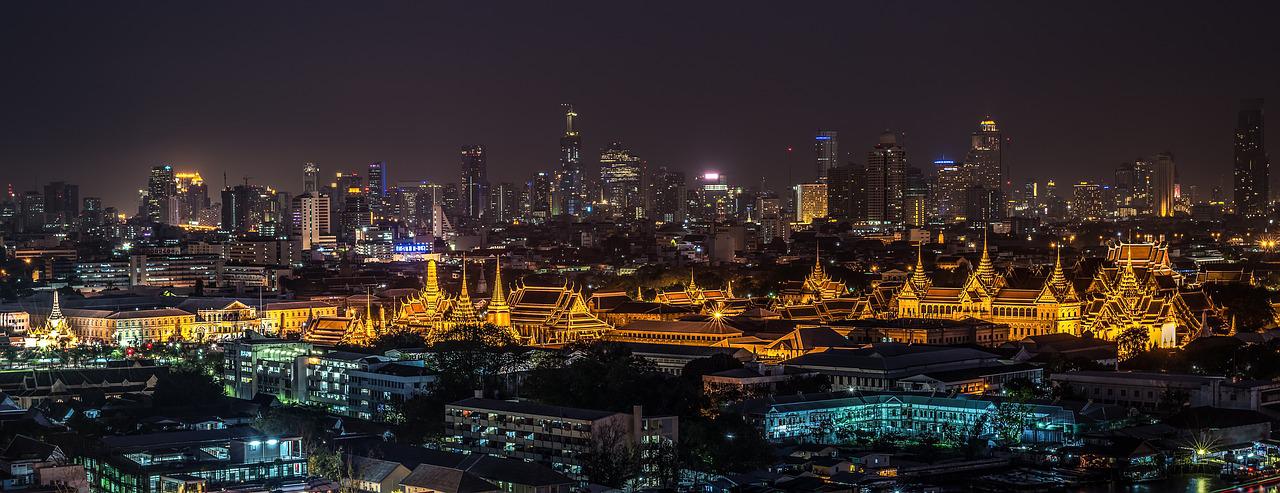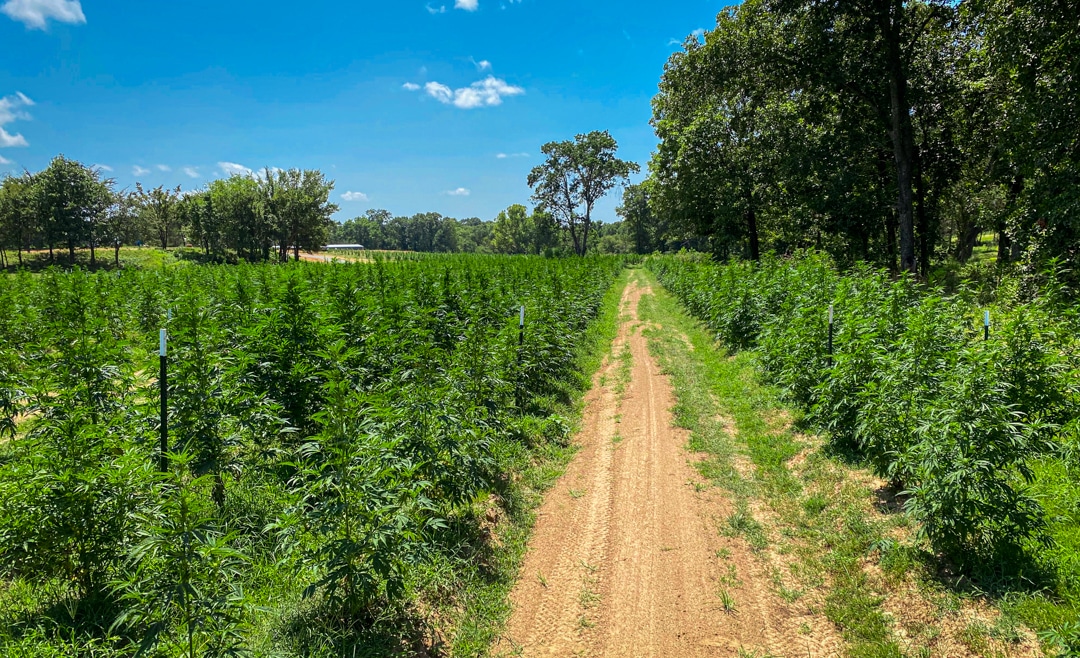
Cannabis industry could be worth over $90 billion by 2026

When states began legalizing cannabis for recreational use following Colorado in 2012, the trend looked promising. Multiple states followed suit in the years to come, and as of 2022, 19 states and the District of Columbia have legalized cannabis for recreational use.
In addition to adult-use cannabis, the majority of the country now has some form of medical cannabis laws on the books. The rapid growth of the industry has turned initial predictions for the industry’s revenue on their heads.
In 2017, those with insights into the industry and a pulse on the growth of the legal cannabis market predicted that the industry could bring in as much as $25 billion in revenue by 2025. A recent analysis by MarketsandMarkets found that cannabis industry revenue surpassed $20 billion in 2020. It also predicts that legal cannabis markets could be worth over $90 billion by 2026.
In other words, the industry has triple the growth potential as originally thought. This is a positive sign for those wanting to see the industry grow. It also shows the increasing acceptance of cannabis as a recreational product, and the changing perceptions surrounding cannabis consumers.
Concentrates are the main product sector that is seeing the most growth since 2020, and has the most projected growth through 2026. This includes edibles, tinctures, vape pens, cannabis extracts and other concentrated products.
What may come as a surprise is the finding that medical cannabis dominated the majority of cannabis revenue since 2020. However it does appear that the conductors of the analysis included CBD as a medical cannabis product.
CBD has exploded in popularity as a legal “health supplement” after the 2018 Farm Bill legalized hemp, i.e. cannabis with a THC percentage below .3%. Opposed to medical cannabis which requires a patient’s license and purchasing from a licensed dispensary, CBD can be obtained from a smoke shop or gas station in some cases.
Not to take away from the success of medical cannabis states, Oklahoma was the highest grossing cannabis market in the country in 2021, despite only having a medical cannabis program.
Overall, future growth of cannabis markets will be mostly seen in North America as Canadian and US markets continue to grow. Other factors such as an increase in recognition of medical benefits of cannabis and growing consumer demand for cannabis in disease management and treatment due to high health care costs are expected to drive the growth in the North American region.
As for hemp markets, the industry is projected to hit roughly $25 billion by 2025. The hemp industry was worth over $4.5 billion in 2019, just one year after hemp was federally legalized.














